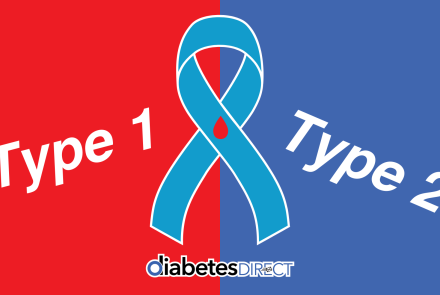Pros and Cons of Fasting if You Have Diabetes
Fasting is a practice that has been used for centuries for religious, spiritual, and health reasons. However, for people with diabetes, fasting can have both benefits and risks. Keep reading to learn the pros and cons of fasting if you have diabetes.
Pros
1. Improved Blood Sugar Control
Fasting can help improve blood sugar control in people with diabetes. When you fast, your body uses stored glucose for energy, which can help lower your glucose levels. Fasting may also improve insulin sensitivity, making it easier for your body to use insulin. In fact, Jefferson Health states that insulin drops help burn fat, which can also lower your risk of disease, particularly diabetes and pre-diabetes
2. Weight Loss
Fasting can aid with weight loss, which is important for people with diabetes as obesity is a risk factor for the condition. By reducing calorie intake during fasting, you can create a calorie deficit, which can lead to weight loss. According to the Harvard School of Public Health, a systemic review of 40 studies found that people typically lost seven to 11 pounds over a span of 10 weeks doing intermittent fasting.
3. Lowered Risk of Complications
By improving blood sugar control and reducing weight, fasting can also help lower the risk of complications associated with diabetes, such as:
- Heart disease
- Kidney disease
- Nerve damage
Cons
1. Hypoglycemia
Fasting can increase the risk of hypoglycemia (low blood sugar) in people with diabetes. This is because fasting can cause a drop in blood sugar levels, which can be dangerous for people taking insulin or certain medications.
2. Dehydration
Fasting can cause dehydration, which can be dangerous for people with diabetes. Dehydration can lead to high blood sugar levels and increase the risk of complications.
3. Nutrient Deficiencies
Fasting may lead to nutrient deficiencies, which can be harmful to people with diabetes. People with diabetes need to maintain a healthy diet to manage their condition, and fasting can make it difficult to get all the necessary nutrients.
A 2019 study concluded that "vitamin and mineral malnutrition could also occur and, depending on how many days a week the patient is fasting and what they are eating on the days they do eat, might necessitate taking vitamin and/or mineral supplements."
Conclusion
Fasting can have both benefits and risks for people with diabetes. If you have diabetes and are considering fasting, it is important to talk to your healthcare provider to determine if fasting is safe for you and to develop a plan that takes into account your individual needs and health status.
- Log in to post comments






